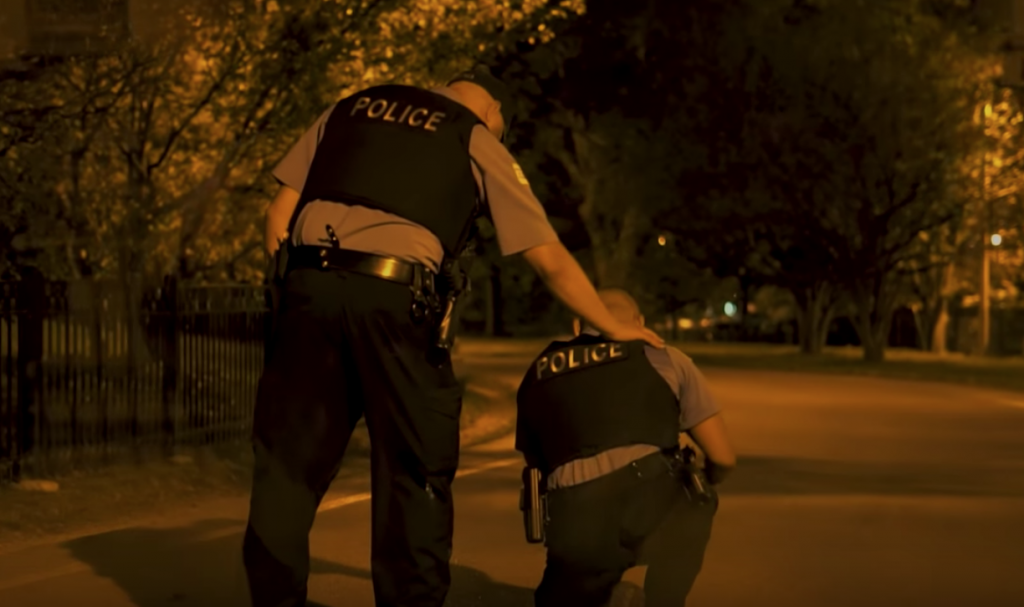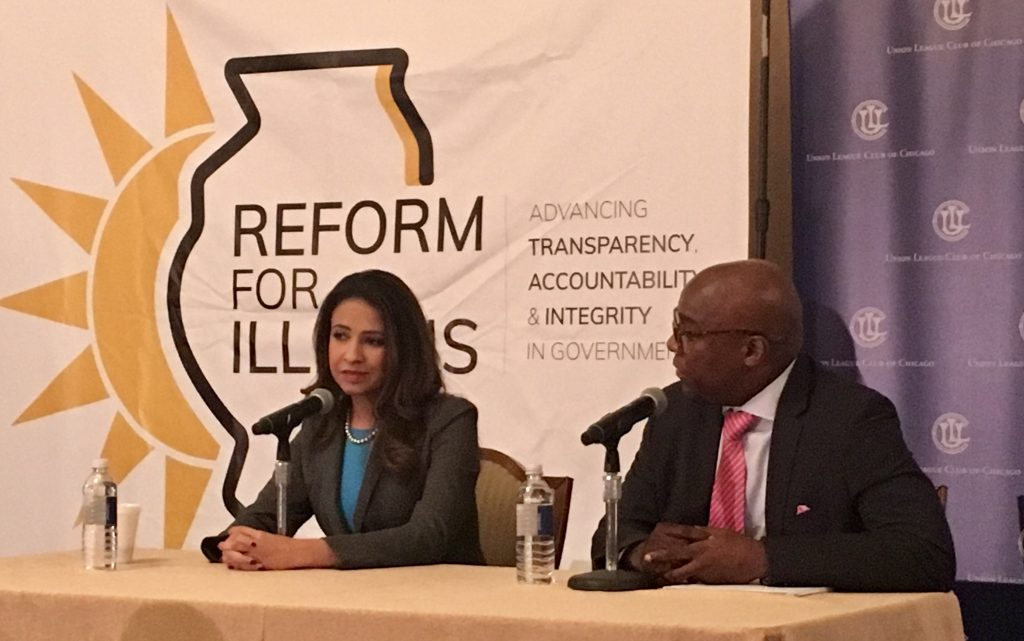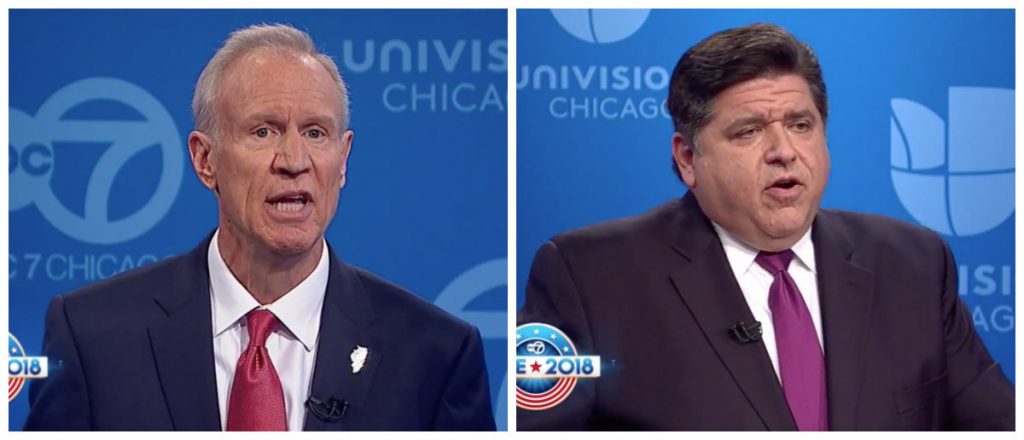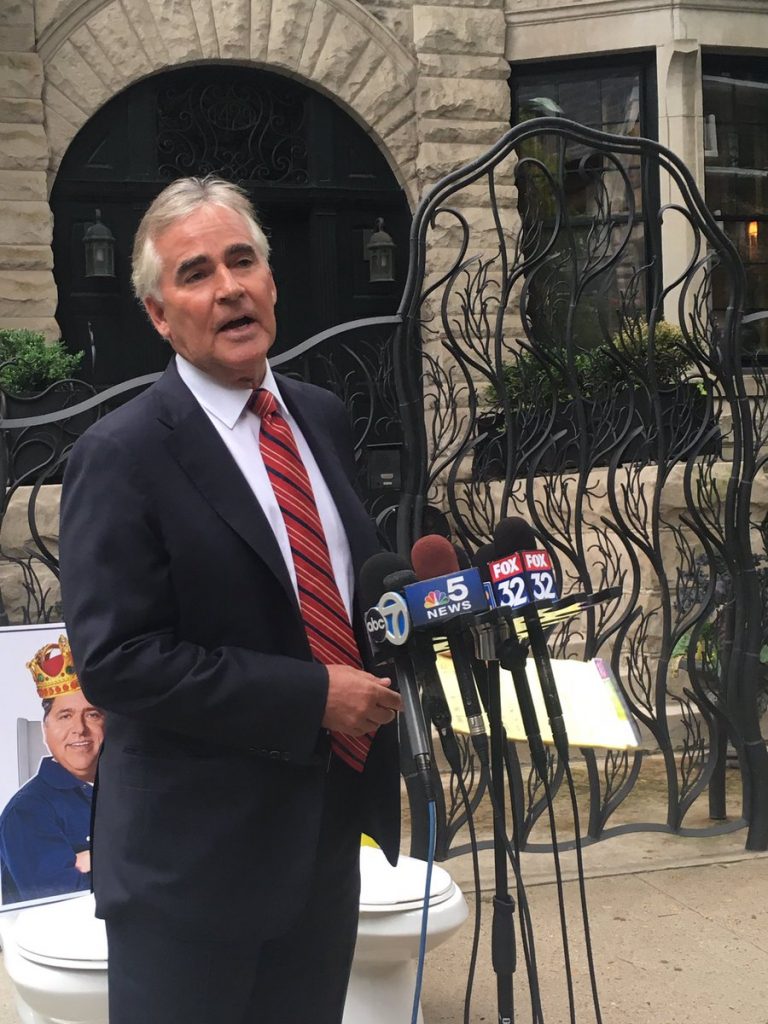Illinois is in the middle of the pack when it comes to both voter registration and voter turnout, but there’s growing evidence that vote by mail programs could boost both of those stats.
While approximately 8 percent of voters in Cook County voted by mail in 2016, that dynamic is reversed in Denver, 7 seven percent of voters cast their ballots in person and the rest of voters drop off their ballots at the mailbox or at secure repositories around the city.
That gives Colorado the fourth-highest voter turnout rate in the nation — and the highest highest voter registration rate, said former Colorado-based election official
Amber McReynolds, currently of the National Vote at Home Institute.
Speaking at an event Tuesday held by Reform for Illinois Tuesday, Reynolds said Colorado’s model is “very much about convenience.”
But beyond convenience and increased voter participation, Reynolds said pushing for a larger vote by mail system would actually make elections more secure.
“By spreading it out over a longer period of time and getting away from the Election Day sprint that we’re sort of used to in our politics and making it more of an election season, people have more options,” McReynolds said. “Administrators — we’re mitigating and separating risk as well. When you have everything intensely focused on one day, that’s a lot of risk.”
Illinois residents have long had the option of voting by mail, and have multiple routes in which to do so. The State Board of Elections, for example, requires voters to send an application for a mail-in ballot by Nov. 1. But campaigns have capitalized on the opportunity too.
Democrat
JB Pritzker’s campaign, for example, has sent out two vote by mail applications to likely Democratic voters, which are addressed to the voters’ local election authority. Some campaigns also send out ballots with their candidate’s bubble already filled in, which only requires a voter’s signature. While these are legal, the some past iterations of these ballots have raised eyebrows, in both their presentation to voters and the return addresses to campaign headquarters, and not any official authority.
Noah Praetz of the Cook County Board of Elections told
The Daily Line voting by mail requires a “shift in voter behavior.”
“From a cybersecurity standpoint, [voting by mail is] great,” Praetz said, noting that mailed applications are checked via phone calls to households and FBI-caliber signature verification.
“We’ve got a couple servers and some vote counting machines and they’re highly protected,” Praetz said. “Those we’ve got full control over. In local elections, vote by mail’s a place we watch really closely. We watch it closely in large elections too as well, but the incidence of bad behavior’s much less. We’d be watching this significantly in an odd year.”
Chicago voters are increasingly taking up the offer to vote by mail, said
Jim Allen, a spokesman for the Chicago Board of Elections. Allen said that currently, the Chicago Board of Elections has received more than 65,000 applications to vote by mail.
“To put that in perspective, at this point in the 2016 presidential election, when we were on our way to a modern record, we had only 18,000,” Allen said. “We’ve already more than tripled that and we’re hoping to break our record from World War II of 116,000 when we had people deployed all over the planet.”
Allen is enthusiastic about the push for voting by mail, citing research that says voting by mail increases voter turnouts “at all age levels, especially among millennials.”
However, Allen warned that he and other election administrators shouldn’t make major shifts without considering vulnerable populations.
“The key concern we would have in terms of a largely vote by mail…program would be addressing homeless voters,” Allen said. “We’d have to make sure they’re able to receive and have an education program that’s effective and reaching out to the homeless community so they have a place that they can receive the ballot by mail, and/or some kind of alternative.”
One vulnerable population that may benefit from an increased push to vote by mail is people with disabilities.
Cheryl Jansen with Chicago-based Equip for Equality said voting is a “constant issue” for those with disabilities for many reasons, including a lack of affordable and accessible transportation.
“Although there are federal laws and state laws that are designed to protect and make sure that people with disabilities indeed have full and equal access to the electoral process, they continue to face barriers,” Jansen said.
Voting by mail is the only method available for inmates in Illinois’ county jails outside of Cook County.
Gov. Bruce Rauner in August amendatory vetoed
HB 4469, which would have required voting materials be distributed to those in custody of county jails, though he left alone the part that stipulated counties with a population of more than 3 million people — which is to say, Cook County — should set up a temporary branch polling place. Other counties’ jails will be required to facilitate mail-in voting.”
There is a small but vocal group that is opposed to expanding vote by mail access without extended study of possible voter disenfranchisement.
Lora Chamberlain, president of Clean Count Cook County, told
The Daily Line she worries about politically motivated poll workers manipulating vote by mail applications.
“Vote by mail itself if you you incorporate the U.S. [Postal Service] into the whole system opens up a complete new avenue for fraud and disenfranchisement,” she said.
Chamberlain said that her wariness of vote by mail systems began in 2006, when she claimed she witnessed a Republican election judge in Oregon refusing to receive a delivery of mailed ballots after 7 p.m. even though the truck had broken down.
Chamberlain also expressed disappointment over
a bill that passed the legislature this spring and that Rauner signed in July. Chamberlain said language requiring risk-limiting audits related to voting by mail, and a clause that would have required campaign-sponsored ballots to only have return addresses to local election authorities were taken out — a move she blamed on
House Speaker Mike Madigan (D-Chicago).
 The Chicago Police Department put out a video last year urging officers to seek mental health assistance if they are suffering from PTSD or any other issues as a result of stresses from their job. In the video, two officers dramatize a scene in which one appears to be considering suicide. [screenshot via CPD on YouTube]
The Chicago Police Department put out a video last year urging officers to seek mental health assistance if they are suffering from PTSD or any other issues as a result of stresses from their job. In the video, two officers dramatize a scene in which one appears to be considering suicide. [screenshot via CPD on YouTube] Gov. Bruce Rauner signs the Trust Act on Aug. 28, 2017. [screenshot courtesy of ABC-7]
Gov. Bruce Rauner signs the Trust Act on Aug. 28, 2017. [screenshot courtesy of ABC-7] Republican Erika Harold and Democrat State Sen. Kwame Raoul participate in a forum put on by good government group Reform for Illinois on Friday, Oct. 5, 2018. [Hannah Meisel/The Daily Line]
Republican Erika Harold and Democrat State Sen. Kwame Raoul participate in a forum put on by good government group Reform for Illinois on Friday, Oct. 5, 2018. [Hannah Meisel/The Daily Line]
 Illinois Republican Party Chairman Bill Brady said J.B. Pritzker engaged in a “scheme to defraud” taxpayers. [Hannah Meisel/The Daily Line]
Illinois Republican Party Chairman Bill Brady said J.B. Pritzker engaged in a “scheme to defraud” taxpayers. [Hannah Meisel/The Daily Line]









